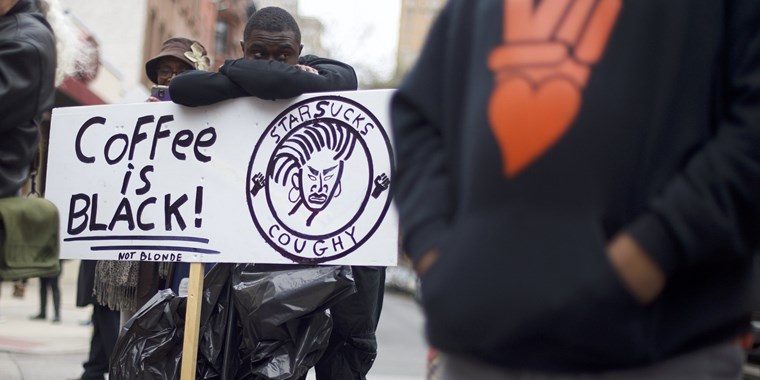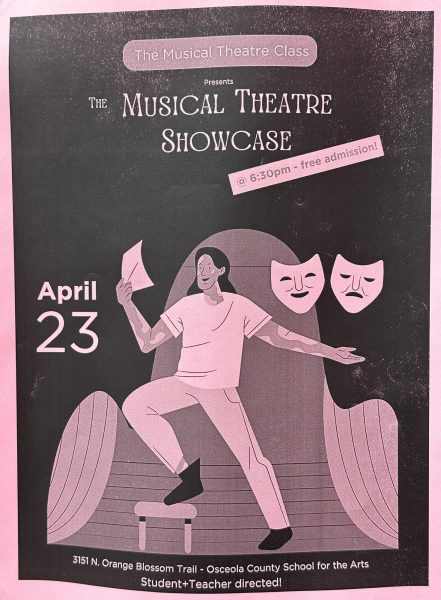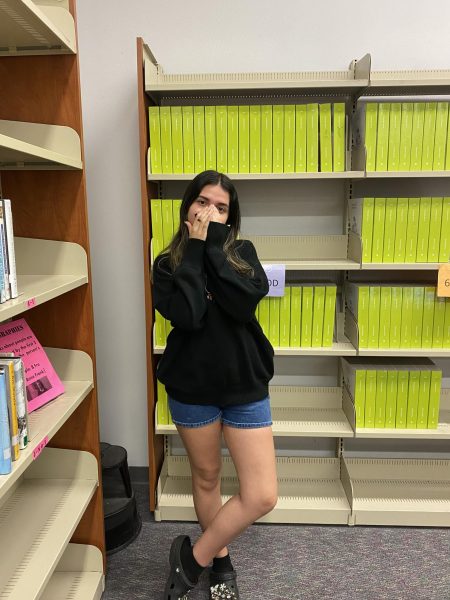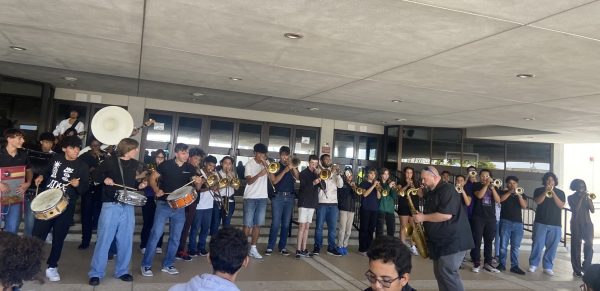‘Coffee is Black’: Racial Bias at Philadelphia Starbucks
Protester outside the Philadelphia Starbucks on Sunday, 4.15.18. (Photo: Mark Makela – Getty Images)
April 19, 2018
A wave of outrage swept the nation last week when two innocent black men were unjustly arrested in a Philadelphia Starbucks. The two men had been waiting for a friend inside the store. When one asked for access to the bathroom, the manager denied him because he “wasn’t a paying customer.” Soon after, the manager called 911 and multiple police showed up with intent to make arrests. The two men remained calm as they were handcuffed and taken away, even when their friend, who is white, finally arrived and questioned why they were being arrested. This incident called into question the integrity and possible double standard Starbucks possesses, especially as beliefs regarding whether such a situation would have unfolded if they men had been white persists.
In the wake of the incident, protests were quickly organized to spark yet another national discussion about racial bias, while regular Starbucks customers called for boycotts of the coffee chain. Later, Starbucks released a long, genuine apology for the behavior of the manager, who is no longer employed at the Philly Starbucks. Also, the company announced that on May 29 they will be closing more than 8,000 stores around the country so that their employees can attend an afternoon training against racial bias. It’s purpose is to specifically address the issue of implicit bias, promote conscious inclusion, and prevent discrimination. Starbucks founder Howard Schultz commented on the incident, saying he was “ashamed” and “embarrassed” by the arrests. While talking with CBS News, Schultz pledged that the training is “just the beginning of what we will do to transform the way we do business and educate our people… This is not going to be a one-day event. We’re going to stay with this. It’s going to be significant. It’s going to endure.”












